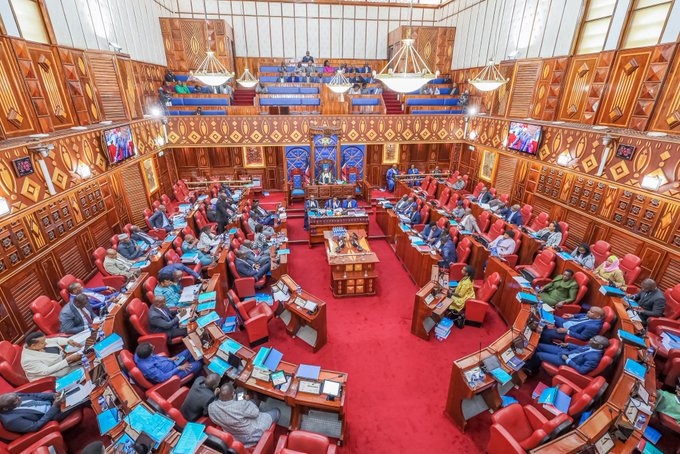A scholarship is a financial award or grant often given to individuals, usually students, to support their education.
They are mostly awarded by educational institutions, government agencies, non-profit organizations, corporations, foundations, and other entities.
Scholarships help students pursue their educational goals by easing some of the financial burdens associated with tuition, fees, books, and living expenses.
They are usually awarded based on a variety of factors, including academic achievements, leadership abilities, community involvement, specific talents or skills, field of study, and sometimes financial need.
They are also given various levels of education such as high school, undergraduate, graduate, degrees and even postgraduate studies. Unlike loans, scholarships do not need to be repaid.
How to countercheck a scholarship
Once a recipient has received the scholarship, he or she should research the organization or institution offering the scholarship.
Reputable providers are mostly universities, colleges, government agencies, non-profit organizations, or well-known corporations.
The beneficiary should verify the provider's contact information, including a physical address, phone number, and official email.
He or She should also check if the information aligns with their official website.
Legitimate scholarships usually have clear and detailed information, eligibility criteria, application process, deadlines, and contact details.
The criteria might include academic achievements, year of study, field of study, and nationality.
In addition, legitimate scholarships do not require the student to pay an application fee, processing fee, or any upfront charges.
One should be cautious if the application process seems convoluted, asks for excessive personal information or lacks transparency.
For application, it should have clear and straightforward guidelines.
The student should also search for information on previous scholarship recipients.
Legitimate scholarships often have a history of awarding funds to deserving students.
If the scholarship lacks information about past recipients, it can be a warning sign that it might be fake.
One should also be cautious of scholarships that guarantee funds without any competitive selection process. Awarded scholarships have a fair evaluation process based on the qualifications.
In case of doubts, one should reach out to the scholarship providers using the contact information provided on their official website.
Ask questions about the scholarship details, application process, and any other concerns. The providers should also respond professionally.
Never provide sensitive personal information or make any payments without verifying the legitimacy of the scholarship first.













